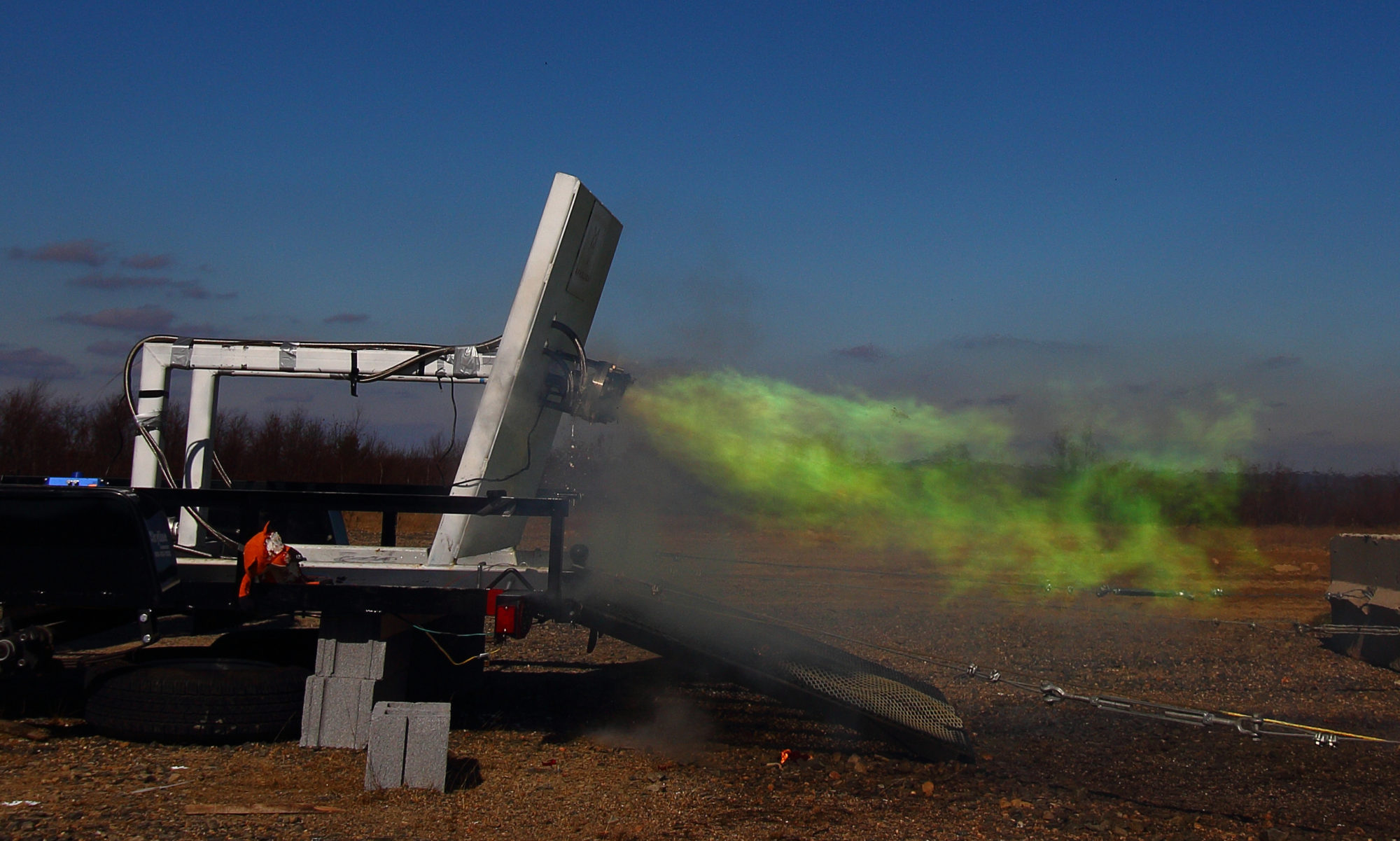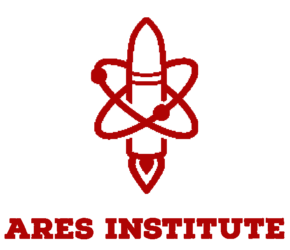Matthew Travis possesses almost three decades of experience in the tech and aerospace industries as a software engineer, aerospace engineer and entrepreneur. Mr. Travis’ experience ranges from software engineering, to launch vehicle design, business operations, and executive leadership at several companies and government organizations. Notable work includes support for NASA’s space shuttle and space station programs, Mars planetary exploration missions, SLS ground systems, and, early in his career, being a member of the team at the National Center for Supercomputer Applications that developed the first web browser, server and collaborative technologies still in use today. He is currently working with a highly driven team to achieve the goal of bringing to market innovative new technologies supporting the satellite launch and spacecraft systems industries.
Mr. Travis studied Computer Science and Aerospace Engineering at the University of Illinois in Urbana-Champaign. He started his career as a software engineer employed by the University, after which time, he transitioned to the private sector, first at startups and small businesses and later at CDW and The Systems House. In 2000, he relocated to Florida and continued his career as a contract software engineer at Kennedy Space Center, where he worked for NASA, Boeing, USAF, and other organizations.
Following the retirement of the space shuttle and widespread layoffs at NASA, he took a full-time position at Eckler Industries where he created full-stack and web-based systems to support the marketing and sales operations (both brick and mortar and online).
In 2016, he and several engineers founded Aphelion Orbitals, which was incorporated in 2017. For three years, the team worked to design a dedicated nanosatellite launch system for single cubesat payloads. The work focused on the propulsion system, which utilized a unique non-cryogenic, hypergolic, and non-toxic propellant formulation that Mr. Travis developed. This work culminated in the manufacturing and test firing of a full flight-scale rocket engine. In 2019, to continue the work, a new company was formed, Aphelion Aerospace. Aphelion Aerospace continues efforts to refine the propulsion system design and operating envelope,commercialize the propulsion technology and evolve expand it into the field of in-space propulsion where it has the promise of being a replacement for cryogenic as well as toxic propellants such as hydrazine and low-impulse propulsion such as water-based systems.
In 2003, he founded the Aerospace Research & Engineering SystemsInstitute, which is a 501 (c)(3) non-profit research institute. The purpose of the organization is to conduct leading-edge researchinto advanced technologies enabling space exploration. One of the projects at the institute included SPHERELab, a proposed a proposed plasma and electrostatic confinement fusion research laboratory.

